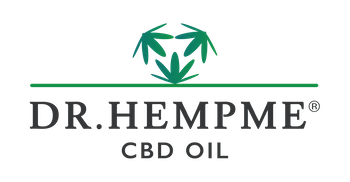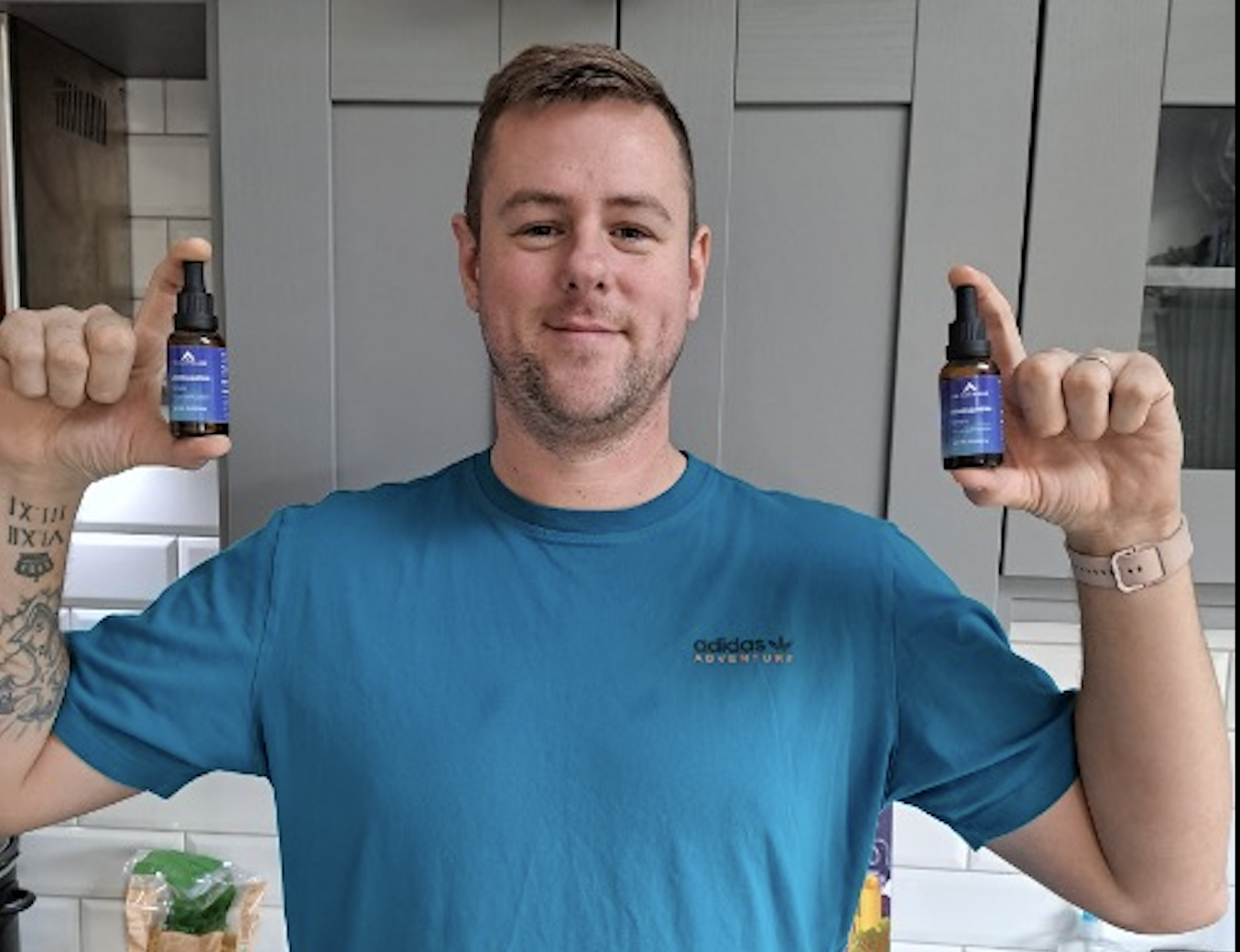Australia, a mosaic of breathtaking landscapes, vibrant cultures, and pioneering innovations, stands at the forefront of global health trends. Among the emerging wellness wave is the unmistakable rise of CBD oil.
This surge has propelled an array of discussions, questions, and possibilities, and today, we embark on a comprehensive exploration of the CBD journey in Australia.
When one thinks of Australia, perhaps the first images that conjure up are of vast sandy beaches, the rugged Outback, or the iconic Sydney Opera House. But the land down under is now also becoming synonymous with a burgeoning CBD market.
The country’s health-conscious populace is ever-curious, continuously seeking novel and potentially beneficial health products, and CBD oil has emerged as a shining star in this search.
BUT WHY CBD?
CBD’s rise is not confined to Australia. Its acceptance is sweeping nations, with a notable increase in research and reported benefits (1). While there is much anecdotal and research based evidence for the positive use of this hemp cannabinoid, many countries still strictly class CBD as a food supplement only, not acknowledging the benefits it has for users.
Australia is one of the few nations to accept hemp derived CBD in some capacity for its uses in the health sector. While devoid of definitive medical endorsements, numerous user accounts and some research findings hint at various potential advantages of CBD (2). The market in oz is clearly in support of this positive direction.
NAVIGATING THE LEGALITY OF CBD IN AUSTRALIA
Australia’s relationship with CBD – and hemp at large – has evolved dramatically over the years.
HISTORICAL OVERVIEW
- Pre-20th Century: Indigenous Australians used hemp plants for various purposes, including textiles and as a food source (3).
- 1930s to 1960s: Hemp cultivation was predominantly for industrial purposes. However, it started to decline due to its association with its psychoactive counterpart, marijuana.
- Early 2000s: Discussions and debates around medicinal cannabis began to take centre stage in Australia (4).
- 2016: The game-changer! Amendments to the Narcotic Drugs Act 1967 allowed the cultivation and production of cannabis for medicinal and related research purposes (5).
- 2023: Present day, CBD oil, classified as a Schedule 4 substance by the TGA, is obtainable with a valid prescription (3).
SOURCING & BUYING QUALITY CBD OIL
Procuring quality CBD oil is not just about the purchase but understanding its roots (literally and figuratively).
PRODUCT TESTING
Third-party lab testing is non-negotiable. It is a clear indicator of a brand’s commitment to transparency and quality, ensuring the absence of harmful additives (4).
QUALITY SOURCING
The hemp’s origin speaks volumes about the resultant CBD oil quality. Prioritize products sourced from organic, pesticide-free farms (5).
EXTRACTION METHODS
CO2 extraction is the crème de la crème of extraction methods, celebrated for yielding the purest CBD oil. Informed consumers should be wary of undisclosed extraction techniques (6).
MORE READING: CBD OIL IN DENMARK: THE ULTIMATE GUIDE TO BUYING & SELLING
ADDING HEMP TO YOUR DIET
From the plethora of available options, one stands out for its superior bioavailability: tinctures.
TINCTURES: THE WINNER IN BIOAVAILABILITY
CBD oil tinctures reign supreme. Here’s why:
UNDERSTANDING BIOAVAILABILITY
It refers to the proportion of a substance that enters the bloodstream when introduced into the body and is actively used. In simpler terms, it’s how well our bodies can absorb and use CBD.
WHY TINCTURES?
Tinctures, used sublingually, bypass the digestive system. This method offers rapid and efficient absorption, ensuring that a larger percentage of CBD reaches the bloodstream compared to other methods like edibles or capsules (7).
PRACTICAL USE
Using tinctures is straightforward. Place the oil under the tongue, hold for a short period, and then swallow. This ensures maximum absorption and effectiveness.
TRENDS IN HOLISTIC, NATURAL SUPPLEMENTS
Australia’s inclination towards health and wellness isn’t limited to CBD alone. A trend towards holistic, natural supplements is evident, with CBD leading the pack.
Turmeric & Curcumin: Known for potential anti-inflammatory effects (7).
Ashwagandha: A potential adaptogen helping combat stress (8).
Kombucha: A fermented tea rich in probiotics (9).
CBD: Standing tall, its potential benefits are making waves in the wellness community, backed by increasing research and user testimonials.
CONCLUSION
The unfolding story of CBD in Australia is one of evolution, understanding, and potential. As the landscape continues to evolve, so does the Australian community’s drive to embrace the potential benefits of CBD, backed by informed decisions and quality choices.
REFERENCES
- Smith, L. (2020). “Global acceptance of CBD.” CBD World Journal.
- Lee, J. (2019). “Potential benefits of CBD: A comprehensive study.” Health and Science Daily.
- Clarke, R. (2018). “Hemp & Australia: A historical perspective.” Australian Plant Journal.
- Australian Government (2020). “The evolution of medicinal cannabis.”
- Therapeutic Goods Administration (2016). “Narcotic Drugs Amendment.”
- Therapeutic Goods Administration (2023). “CBD in Australia.”
- Healthline (2021). “Benefits of Turmeric and Curcumin.”
- Medical News Today (2021). “Ashwagandha and its benefits.”
- Wellness Australia (2022). “Kombucha: A rising trend.”





















